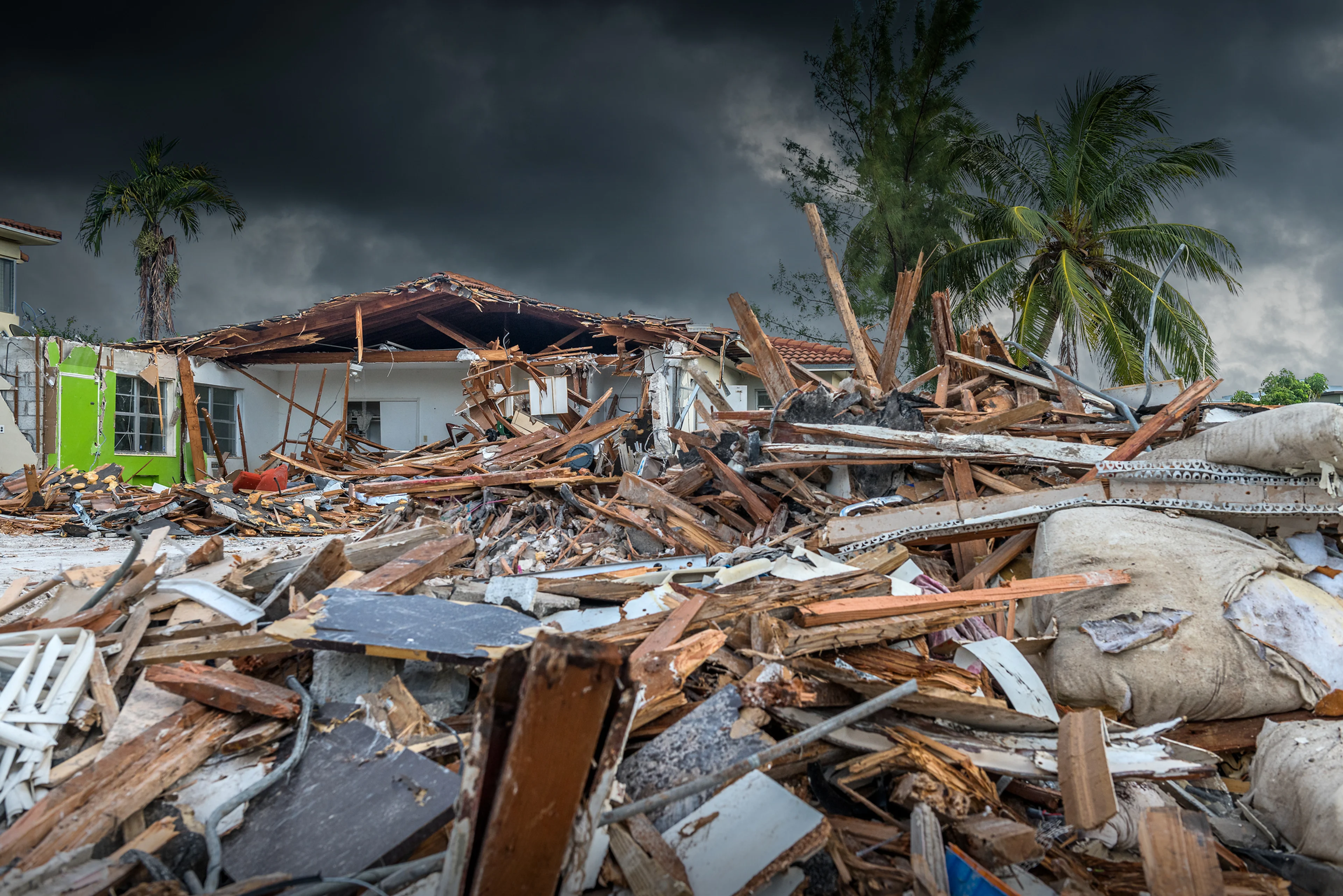
IRS Updates Tax Relief for Texas Taxpayers Impacted by Severe Weather
Texas taxpayers gained more clarity on the tax relief provided by the IRS due to the storms that occurred earlier this year. Affected taxpayers with returns and payments with due dates postponed until Nov. 1, 2024, due to severe storms, straight-line winds, tornadoes and flooding in Texas will also now have until Feb. 3, 2025, to file and/or pay, as long as they also qualify for the Hurricane Beryl disaster relief.
According to the July 22 announcement from the IRS, qualified taxpayers include individuals and businesses in 67 Texas counties affected by Hurricane Beryl that began on July 5, 2024. These counties include Anderson, Angelina, Aransas, Austin, Bowie, Brazoria, Brazos, Burleson Calhoun, Cameron, Camp, Cass, Chambers, Cherokee, Colorado, Dewitt, Fayette, Fort Bend, Freestone, Galveston, Goliad, Gregg, Grimes, Hardin, Harris, Harrison, Hidalgo, Houston, Jackson, Jasper, Jefferson, Kenedy, Kleberg, Lavaca, Lee, Leon, Liberty, Madison, Marion, Matagorda, Milam, Montgomery, Morris, Nacogdoches, Newton, Nueces, Orange, Panola, Polk, Refugio, Robertson, Rusk, Sabine, San Augustine, San Jacinto, San Patricio, Shelby, Trinity, Tyler, Upshur, Victoria, Walker, Waller, Washington, Webb, Wharton and Willacy. The same relief will be available to any other counties added later to the disaster area.
For some Texas taxpayers, this is an extended relief due to the previously announced extended deadline for taxpayers impacted by the severe storms that occurred in May 2024.
Filing and Payment Relief
The tax relief postpones various tax filing and payment deadlines that occurred from July 5, 2024, through Feb. 3, 2025 (postponement period). As a result, affected individuals and businesses have until Feb. 3, 2025, to file returns and pay any taxes originally due during this period.
Here is an overview of due dates based on the IRS’ clarification for Texas’ severe storms:
- For taxpayers granted an extended filing deadline of Nov. 1, 2024, their due date is Nov. 1, 2024, for all items due between April 25, 2024, and Nov. 1, 2024.
- For taxpayers granted an extended filing deadline of Feb. 3, 2025, their due date is Feb. 3, 2025, for all items due between July 5, 2024, and Feb. 3, 2025.
- For taxpayers granted an extended filing deadline of both Nov. 1, 2024, and Feb. 3, 2025, their due date is Feb. 3, 2025, for all items due between April 26, 2024, and Feb. 3, 2025.
We encourage you to work with your tax advisor to ensure you’re filing by the appropriate due dates to avoid penalties.
The IRS automatically provides filing and penalty relief to any taxpayer with an IRS address of record located in the disaster area. These taxpayers do not need to contact the agency to get this relief.
It is possible an affected taxpayer may not have an IRS address of record located in the disaster area, for example, because they moved to the disaster area after filing their return. In these unique circumstances, the affected taxpayer could receive a late filing or late payment penalty notice from the IRS for the postponement period. The taxpayer should call the number on the notice to have the penalty abated.
Additional Tax Relief
In addition to the postponed IRS deadlines for taxpayers in Texas, there may be some additional relief, such as:
- Casualty loss deduction. Individuals and businesses in a federally declared disaster area who suffered uninsured or unreimbursed disaster-related losses can choose to claim them on either the return for the year the loss occurred (in this instance, the 2024 return normally filed next year), or the return for the prior year (the 2023 return filed this year). Taxpayers have extra time – up to six months after the due date of the taxpayer’s federal income tax return for the disaster year (without regard to any extension of time to file) – to make the election. For individual taxpayers, this means Oct. 15, 2025. Be sure to write the FEMA declaration number – 4798-DR − on any return claiming a loss.
- Gross income exclusion. Qualified disaster relief payments are generally excluded from gross income. This means affected taxpayers can exclude from their gross income amounts received from a government agency for reasonable and necessary personal, family, living or funeral expenses, as well as for the repair or rehabilitation of their home, or the repair or replacement of its contents.
- 401(K) distributions or withdrawals. Additional relief may be available to affected taxpayers who participate in a retirement plan or individual retirement arrangement (IRA). For example, a taxpayer may be eligible to take a special disaster distribution that would not be subject to the additional 10% early distribution tax and allows the taxpayer to spread the income over three years. Taxpayers may also be eligible to make a hardship withdrawal. Each plan or IRA has specific rules and guidance for its participants to follow, so it’s important to work with your plan provider to ensure you minimize your tax liability.
The IRS may provide additional disaster relief in the future. The tax relief is part of a coordinated federal response to the damage caused by these storms and is based on local damage assessments by FEMA. Doeren Mayhew’s tax pros will continue to monitor additional relief announced by the IRS.
Here to Help
As affected taxpayers in Texas continue to recover from Hurricane Beryl, Doeren Mayhew’s individual and business tax pros are here to help with your tax filing or relief needs.



